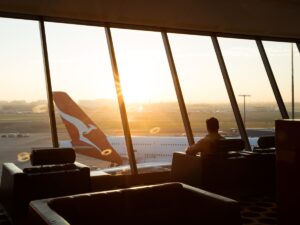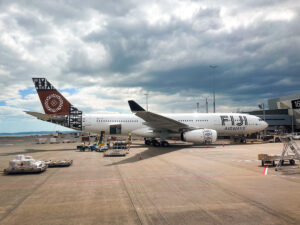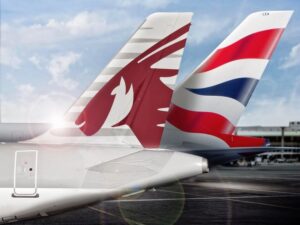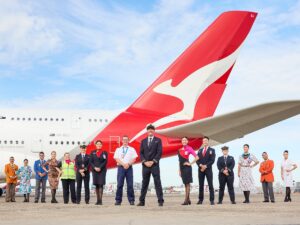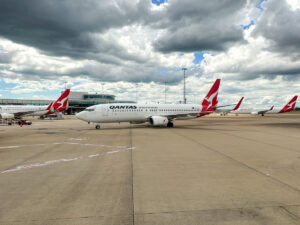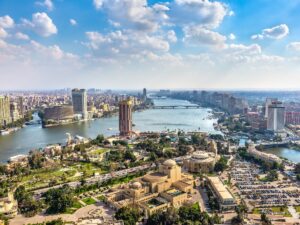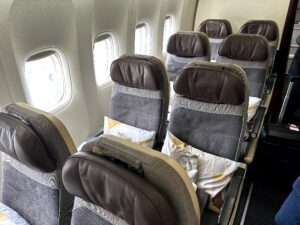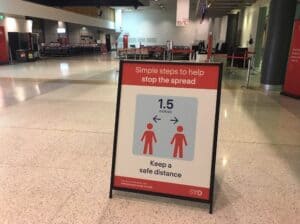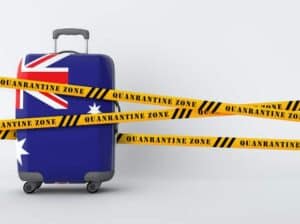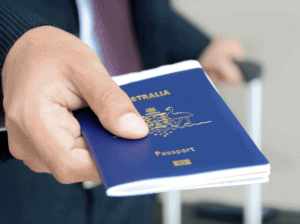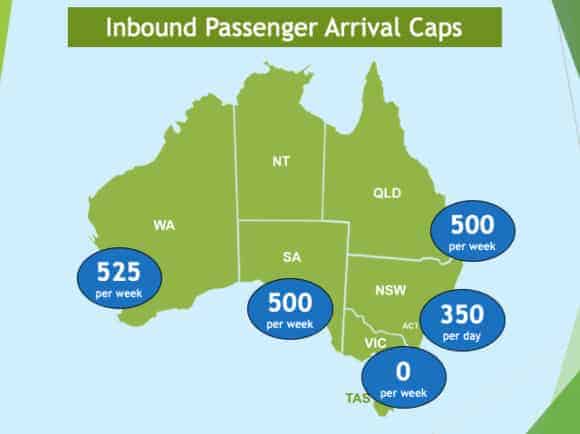
Since July, the number of daily and weekly inbound passenger arrivals have been limited at all five of Australia’s major international airports.
A maximum of 525 international travellers are permitted to arrive in Perth each week, with just 500 per week in both Adelaide and Brisbane. Sydney Airport has a somewhat more generous limit of 350 passengers per day – or 2,450 passengers per week. Meanwhile, Melbourne is not accepting any international arrivals and there are currently no scheduled international flights to Darwin, Canberra or Hobart.
On the 7th of August, National Cabinet extended the imposition of arrival caps until at least 24 October 2020. It is not yet clear whether the arrival caps will be extended further beyond this date.
Airlines forced to fly near-empty planes
There are also now specific limits on the number of passengers that can be transported on any single international flight to Australia. These limits are:
- 30-50 passengers per flight to Sydney
- 40-45 passengers per flight to Perth
- 25 passengers per flight to Brisbane
- 60 passengers per flight to Adelaide
- 0 passengers per flight to Melbourne
With such extreme limits, demand for flights to Australia currently far exceeds supply. As a result, tickets on commercial flights to Australia are extraordinarily expensive. Many passengers have also reported being bumped from flights despite holding confirmed tickets.
With the ability to sell only a small fraction of available seats, some airlines are now only selling expensive Business class tickets. Some passengers have reported that they had to pay to upgrade to Business class just so they wouldn’t be refused travel. How else are airlines supposed to make a profit when they can only sell 30 seats on an aircraft that seats over 300?
Qatar Airways has been one of the few airlines that has continued reliable international services in and out of Australia throughout the COVID-19 pandemic. Last week, the Qatari airline blamed “ever-changing restrictions, often imposed on short notice” for the problems many of its customers have faced trying to rebook flights.
“Ensuring the continued repatriation of passengers to Australia is becoming increasingly challenging,” Qatar Airways CEO Akbar Al Baker said.
“While we continue to work closely with the Australian authorities to protect public health, unfortunately many disappointed passengers are unable to travel as per their travel plans. Given the restrictions, we cannot accommodate these passengers on an alternative flight the following day where we face the exact same issue so the problem continues to grow on a daily basis.
“We are working to prioritise cases that are emergencies or require urgent travel, but many cannot be immediately expedited. While the airline realises the need for restrictions to limit the impact of any possible second wave of infections, many passengers will be unable to travel back to Australia for the foreseeable future.”
Desperate Aussie expats can’t get home
There are still thousands of Australians trying to get home. It’s easy to criticise these people for not returning sooner – as tens of thousands already have – but everybody’s circumstances are different. Contrary to popular opinion, most of the Aussies currently stuck overseas did not leave for holidays after the COVID-19 outbreak began. Rather, they are long-term expats or international students that had jobs or commitments overseas. There are also some unlucky people that have been stuck in local lockdowns in other countries for months, and could not have possibly returned any sooner.
Some expats had planned to continue working or studying overseas throughout this period, but have recently lost their jobs – and with that, their work visas. Without jobs, people in this situation cannot legally remain in the country they are in – but now also cannot return to their home country due to the flight caps.
I’m personally aware of desperate young Australians currently in the Netherlands that have already tried to return home, but whose flights were cancelled multiple times. They are now running out of money. They still haven’t received refunds for the cancelled flights and as they aren’t physically in Australia, they cannot access any government financial assistance.
With the benefit of hindsight, those with accurate crystal balls may have returned sooner. Isn’t hindsight a great thing?
As Anne Summers, an Australian journalist living in New York recently wrote, there is no queue or orderly arrivals process. Those that can afford to pay $20,000 for a one-way flight back to Australia are the lucky ones that are able to get home now.
Some legal experts believe that it is also unconstitutional for the Australian government to severely limit the number of citizens that may arrive each week. Australian citizens have a basic right to return to their country – even though they may be required to quarantine when they get here. Although the federal government has not explicitly banned Australians from returning, the current international arrival caps are locking out tens of thousands by stealth.
Limits designed to reduce hotel quarantine burden
According to Prime Minister Scott Morrison, the Australian international arrival caps are in place “to manage and maintain quarantine arrangements across jurisdictions”.
Indeed, there have previously been some problems with hotel quarantine in certain places and there are limits to how many returned travellers can be physically accommodated at any one time. But mandatory hotel quarantine has now been in place for more than five months. How much longer does the government need to get this right?
There are currently more than 18,000 Australians trying to get home and they feel abandoned. This isn’t right. If the problem is the limited capacity of hotel quarantine, improving these processes should be a priority.
With returning travellers also now footing the bill for their own quarantine, there’s no burden on taxpayers.
A recent proposal suggested that some returned travellers could be quarantined in regional locations if hotels in the major cities were full. If this goes ahead, it would be helpful step forward.
For discussion about COVID-19 and its impact on travel, visit the dedicated Australian Frequent Flyer forum.


